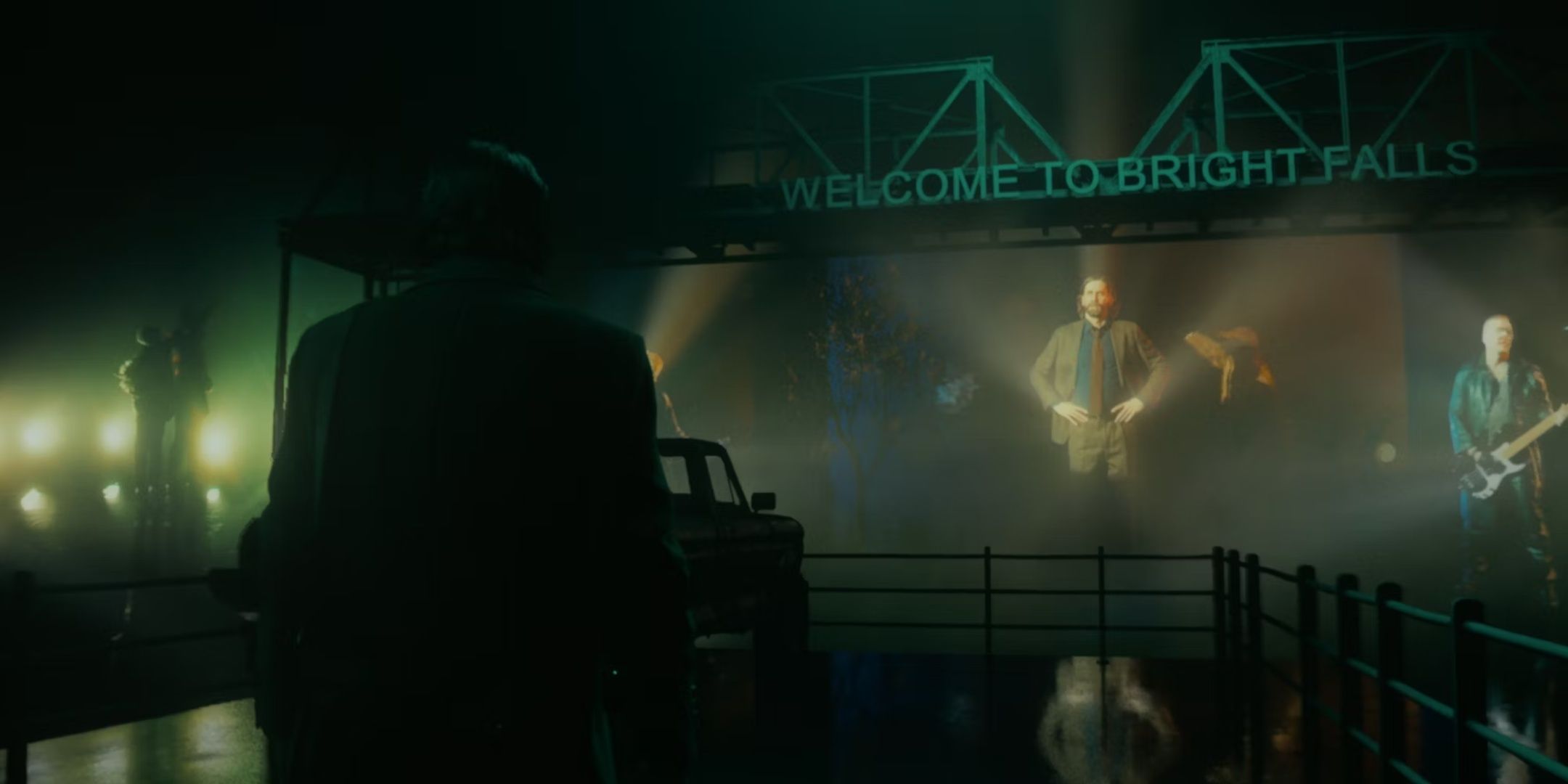Video games have come a long way since their inception, but like any medium, they’re far from perfect. There will always be certain things, especially narratively, that they just don’t do as well as other art forms. I can forgive a lot, but one trope that I’ve long since lost patience for is the playable dream sequence.

Related
Video Games Need To Let Us Bleed Out In The Snow
Video games don’t treat death with enough respect to let us die a good one.
Every Night It’s The Same Dream
You know exactly what I’m talking about; the protagonist goes into their own psyche to either confront the ghosts of their past, learn some hidden truth about themselves, or both, all while the same tired beats are trotted out to try and strain some pathos out of the whole thing. We’ll probably wander among floating rocks as we hear some ghostly father figure shouting, ‘You’re no good!’ or something to that effect, while a friend or family member who’s been dead since before the game began asks why you couldn’t save them.
It’s almost always linear, with bare-bones hallways full of thrown-together, recycled assets that make you wonder whether the devs wanted the scene or the publishers pushed for it citing some bunk market research. You’ll deal with simple puzzles that either frustratingly break the game’s long-established rules, or reduce them back down to tutorial-level simplicity to keep the whole thing moving along.
The worst part, though, is the overdone confrontation that seems to cap off every single one of these dream sequences. You’ll end up facing either the antagonist or your character’s own doppelganger, but the result is always the same; they ask you to question your choices without offering any real insight, until the protagonist has their lightbulb moment, and we snap back to reality.

Related
10 Games That Expertly Blend Gameplay And Narrative
Great games know that story is told through gameplay, and these are some of the best.
Pinch Me, Please

You’ve probably already got a few games in your head that are guilty of the Heavy-Handed Dream Sequence. The latest offender is The Alters, an otherwise smashing game whose textbook use of the trope made me let out an audible groan. Life Is Strange did it too, as did Mass Effect 3 and Batman: Arkham Asylum. Heck, TheGamer has an entire list of bizarre dream sequences in games.
While I’m not saying that using a dream, hallucination, or illusion to move character development forward with nuance and subtlety is impossible, it often highlights the limitations of video games as a storytelling medium. When you ask a player to step into the role of a character, you’re asking them to share that character’s experiences. Some are easy – defeating a hated enemy, overcoming an obstacle, and pulling off a daring rescue all fit easily into the medium, and are classic story beats that work time and time again.
Personal catharsis, though, is just that – personal. No matter how long you’ve spent in a character’s shoes vis-a-vis a controller or keyboard, you’re never going to be able to experience the enlightening, life-changing moments that these scenes are trying to convey. Working through trauma and understanding the self takes a lifetime; the best actors can simulate it in a few hours on the stage or screen, but the audience can only watch. It often feels like these internal struggles, as presented in games, are a ham-fisted attempt to portray something deep and ephemeral without trusting the audience to follow.
It’s Time To Wake Up

It would be one thing if these interludes added anything substantial to the overall experience of the game, but they rarely do. Instead, they slow down the narrative, usually at a climactic moment, and retread events that the audience already knows.
Innovation has always been key to the continued growth and success of video games, both as a commercial product and as an art form. We can move beyond the same old dreams – Alan Wake 2 and its unforgettable We Sing segment is proof of that. It’s mysterious, symbolic, and entertaining, making it a high point of the game rather than a low. That’s the kind of experience games should be aiming for when it’s time for interactive introspection; keep it fresh, new, and unexpected, just like real dreams.

The Alters
- Released
- June 13, 2025
- ESRB
- m
- Developer(s)
- 11 Bit Studios
- Publisher(s)
- 11 Bit Studios
- Engine
- Unreal Engine 5
- PC Release Date
- June 13, 2025
- Xbox Series X|S Release Date
- June 13, 2025

